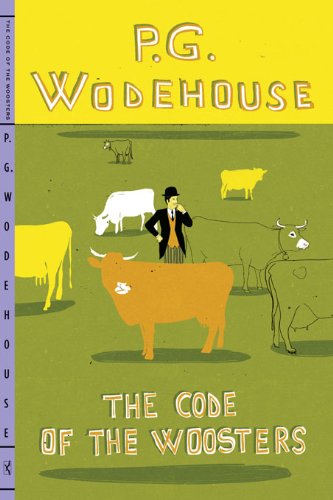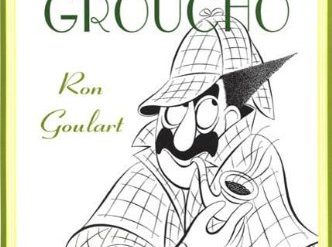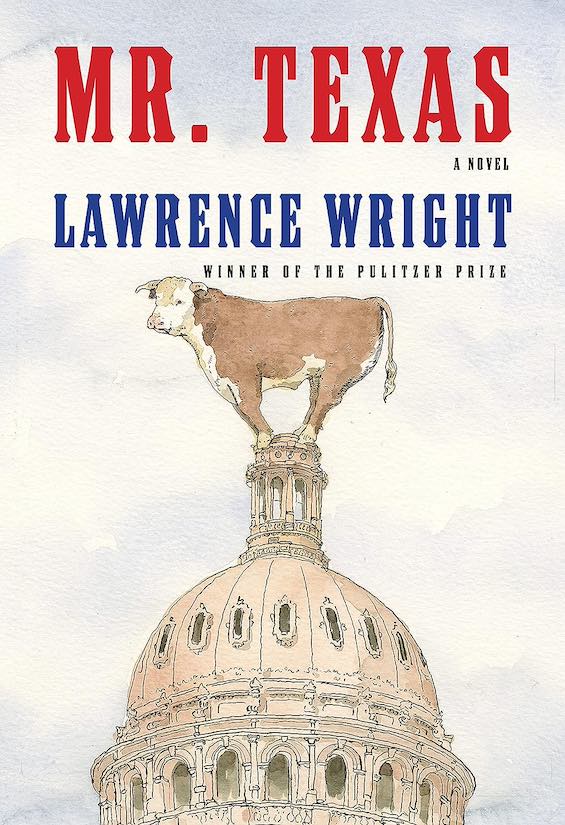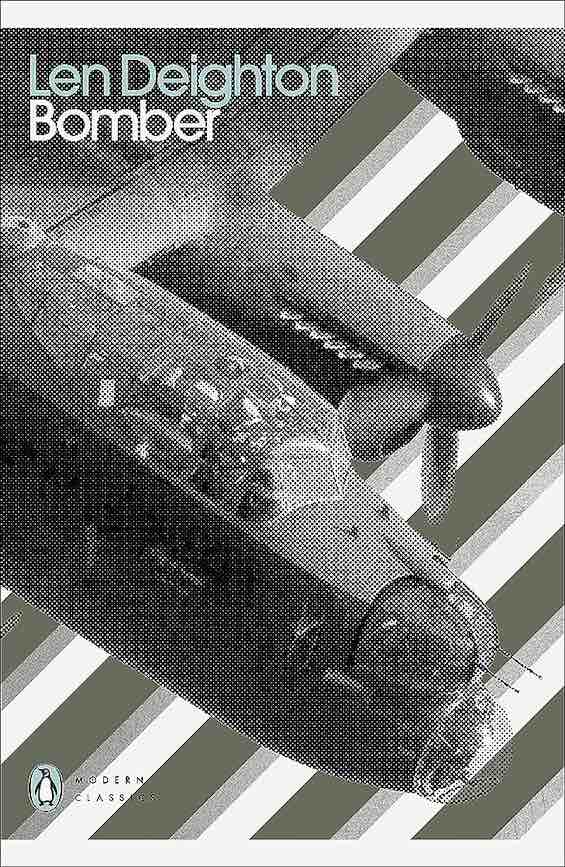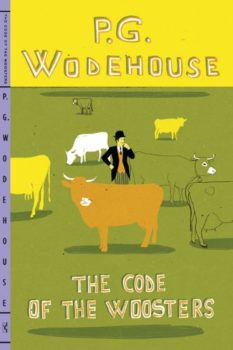
If there’s a list somewhere of the top comic novelists of the 20th century, I haven’t found it. But if somebody ever puts one together, P. G. Wodehouse is sure to be near the top. Sir Pelham Grenville Wodehouse KBE was born in 1881 and lived to the age of 94. He is best known for his many short stories and novels about Jeeves, the brilliant and infallibly loyal butler with legendary problem-solving skills. Wodehouse created the character of Jeeves in 1919 in the first of what later became dozens of short stories featuring him over the course of several decades. The first full-length Jeeves novel appeared in 1934. Eleven more were published over the years, the last coming out one year before Wodehouse’s death in 1975.
Estimated reading time: 3 minutes
The Code of the Woosters is the seventh novel featuring Jeeves and his hapless employer, Bertie Wooster. At several points in the tale, the first-person narrator, Bertie, refers to incidents portrayed in the earlier books. Wodehouse explains just enough to minimize confusion. As a result, the book reads like a standalone tale.
The Code of the Woosters (Jeeves & Wooster #7) by P. G. Wodehouse (1951) 263 pages ★★★★☆
A classic comic novel that’s still funny today
Nowhere in this comedy of manners does anything truly serious take place. A plot unfolds, things happen, and matters are resolved in the end. But what is most distinctive of Wodehouse’s writing is his peerless skill with the English language. Nobody else writes like P. G. Wodehouse. The narrative is endlessly colorful, the dialogue precious. Consider these examples:
- A man known as Gussie is a recurring character in the Jeeves novels. In The Code of the Woosters, Bertie “mused on Augustus Fink-Nottle for a moment, recalling how he had always stood by himself in the chump class.”
- “There are moments, Jeeves,” Bertie says, “when one asks oneself ‘Do trousers matter?'” Jeeves replies, “The mood will pass, sir.”
- “Unfortunately, however, if there was one thing circumstances weren’t, it was different from what they were.” Who else could possibly get away with a sentence like that?
Maybe you don’t find any of these things witty. I do. Wodehouse writes about the buffoons and blowhards of the English upper-middle class with his tongue gently lodged in his cheek. The Code of the Woosters is a novel of the absurd. If you enjoy the artful use of language, you’ll love the book.
For related reading
You might also be interested in My 10 favorite funny novels or Top 10 great popular novels.
If your taste runs more to genre fiction, check out:
- 20 excellent standalone mysteries and thrillers
- My 20 favorite espionage novels
- Great sci-fi novels reviewed: my top 10
And you can always find my most popular reviews, and the most recent ones, on the Home Page.

